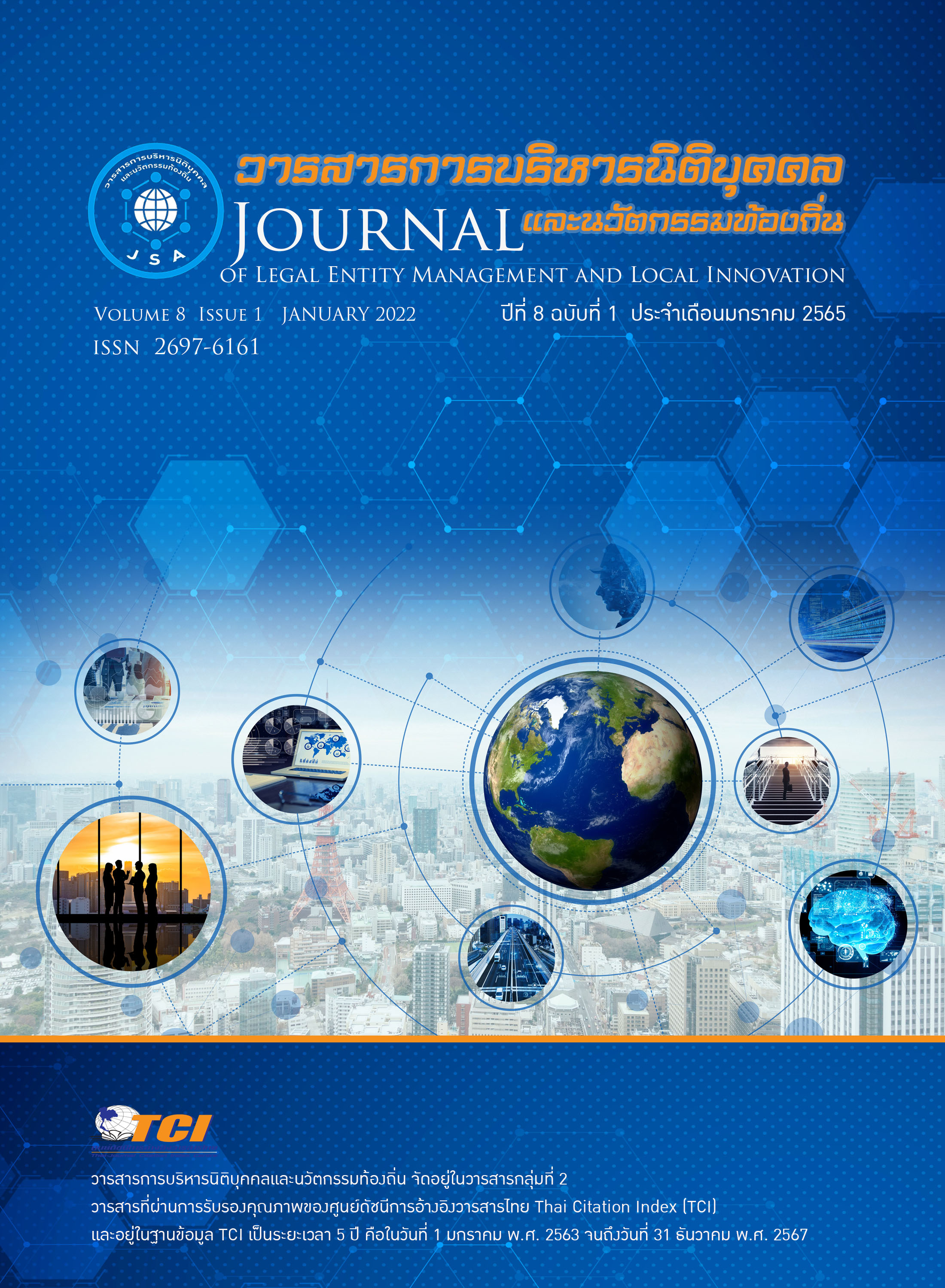Covid-19: The Prevention and Thought of Dhamma Practice for the Safety of Buddhists
Keywords:
Covid-2019, Prevention disease, Dhamma practice, SafetyAbstract
The current COVID-19 pandemic is known to prevent infection by wearing masks, social distancing as much as possible, self-quarantine at home or working at home, avoid to go to the place with a large number of people, hand sanitizer with alcohol-containing hand sanitizer and do not touch eyes, nose or mouth with hands. Those could be possible to prevent COVID-19 by over 90%. COVID-19 prevention, in accordance with Buddhist safety practices could be comparable as follows: First, the thought of verbal closure to create charity. Second, closing eyes to reduce greed. Third, ear mute to reduce stress. Fourth, open your mind to dhamma. Fifth, the sense of silence, and the sixth, maintaining the cleanliness of the body and mind that produce goodness. For the safety of Buddhists and people, all of the above concepts are believed to be able to exactly reduce the spread of the COVID-19 pandemic. Lastly, the use of surgical masks to prevent and infect both the mouth and nose in medicine. For Buddhist implications, there are reasons to reduce nose-contact and tongue-contact, which are consistent in the prevention and dhamma practice for the safety of Buddhists


